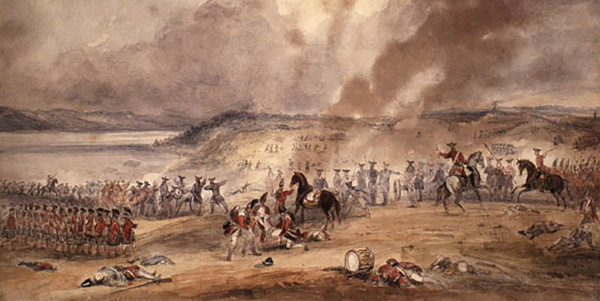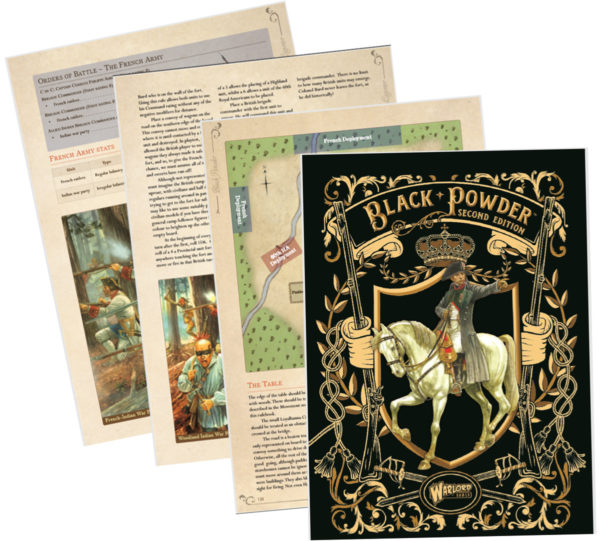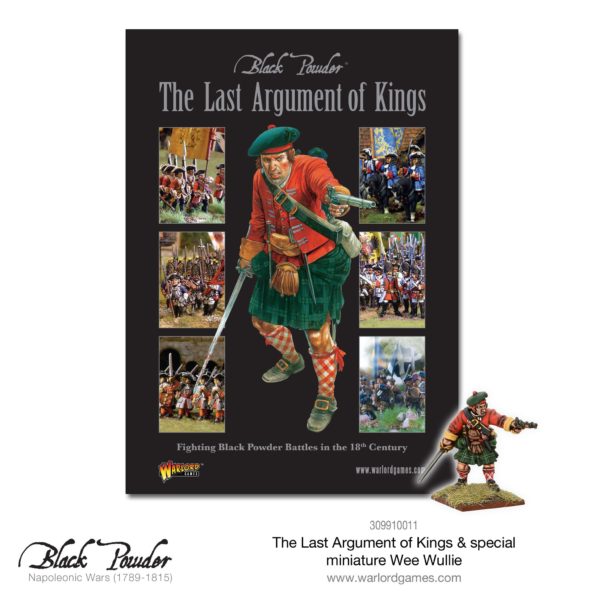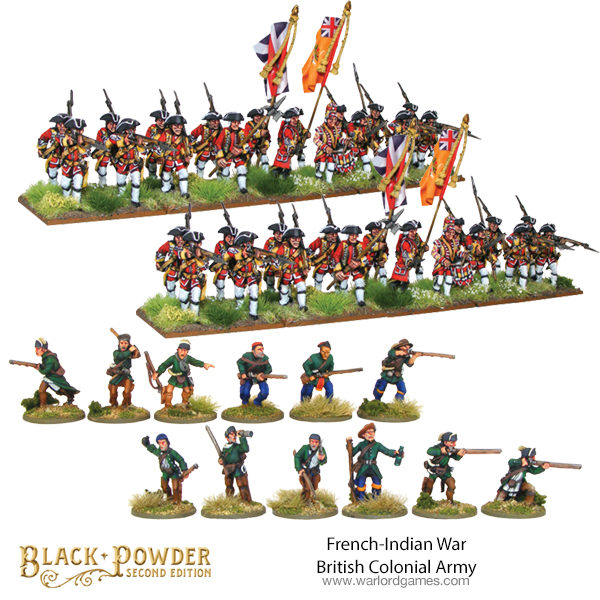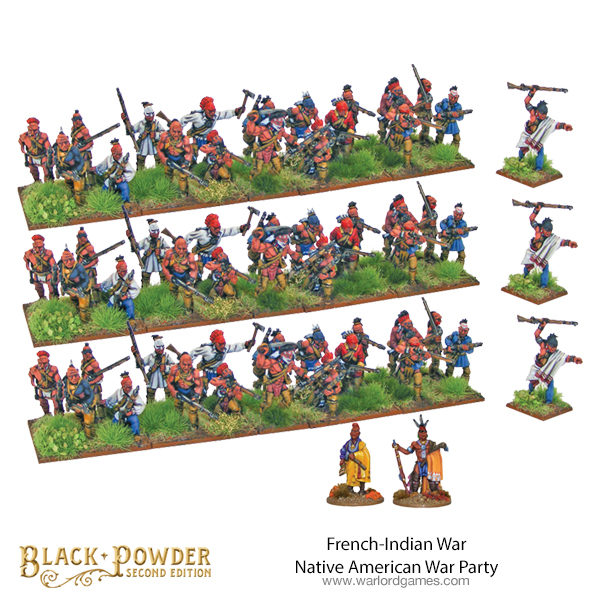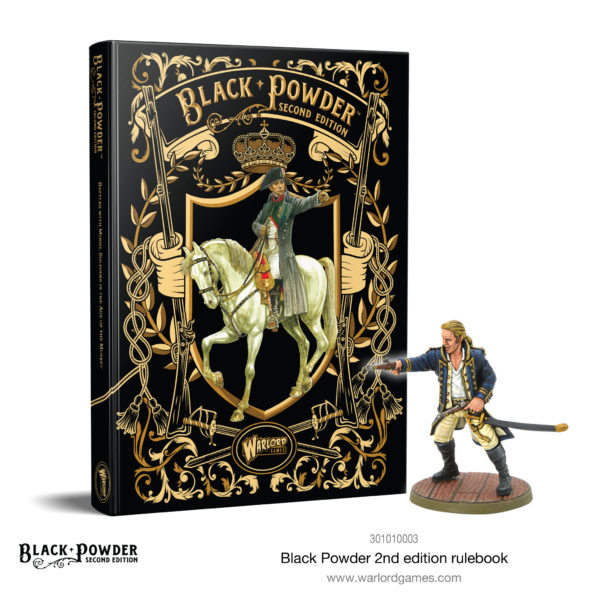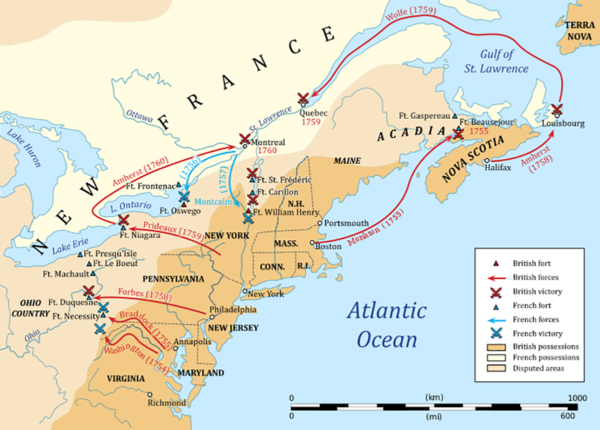
Black Powder 2: The French-Indian War
We’re racing through our series covering how to get started with various Black Powder 2 periods. This week, we’re disappearing into the forests of North America with the French-Indian War.
The French-Indian War began in 1754 as tensions between British and French colonists in North America escalated. Fighting raged back and forth across the frontier between British America and New France, with both sides utilizing their native allies to supplement their militia and regular forces.
The war, which started as a colonial dispute, became another theatre of the Seven Years War, which once again pitted Britain and her German allies against Bourbon France and Spain. This global struggle for dominance would span five continents and claim thousands of lives.
Forks of the Ohio
Tensions between British America and New France were constantly stoked by constant disputes over territory and trade rights. The long frontier zones between the two colonies were often sparsely populated and resource-rich, particularly the Ohio country – the land surrounding the Ohio, Allegheny and Monongahela rivers.
As the British began to expand into the Ohio country, the colonial government of New France and their masters back in Paris began to get nervous about the rapid influx of British traders. An expedition in 1747 found both traders and native Americans to be hostile to French influence.
Concerned that their territorial gains would be undone, the French dispatched a force of two thousand militiamen and native Americans to institute a programme of intense fort building in the Ohio country, capturing or killing British traders wherever they could be found.
The British dispatched the 22-year old Major George Washington to warn the French off Virginia territory, leading to the battles of Jumonville Glen and Fort Necessity.
Britain on the back foot
In the wake of the British defeat at Fort Necessity, the colonial government met with the newly arrived commander of the regular army forces, General Braddock. Braddock conceived a four-way attack across the Pennsylvania frontier, beginning with the capture of Fort Duquesne in Pennsylvania before moving up-river to Fort Niagra, capturing a whole succession of forts along the way.
Braddock’s expedition ended in disaster at the battle of Monongahela, where his refusal to make effective use of his native American allies or depart from conventional European tactics would lead to his untimely demise.
Despite some success at Fort Beauséjour in Acadia, British bad luck continued with the collapse of the government in Nova Scotia after several disastrous losses at Louisbourg and Fort William Henry.
The Canadian Campaign
With France unwilling to send vulnerable convoys to North America, the British were able to capitalize on their numerical superiority to launch a campaign to capture Canada. Making significant gains, the British expedition succeeded in capturing Quebec in 1759.
In the spring of 1760, the French attempted to recapture Quebec, meeting the British garrison on the field at the battle of Sainte-Foy. Despite winning a resounding victory at Sainte-Foy, the beleaguered French were unable to recapture Quebec.
Outnumbered and cut off from European support, the French army was unable to continue the struggle. The fighting had subsided by the end of 1760, but a formal peace would not be signed until the treaty of Paris in 1763.
The treaty of Paris transferred control of all New French territories to the British Crown, cementing British dominance of North America for years to come.
The French-Indian War in Black Powder 2
For wargamers, the French-Indian War has a little bit of everything – from stand-up fights to small skirmishes between irregular militia units and their native American allies. The armies of the period are an eclectic mix of regulars and militia units, each with their own style of uniform. Players looking for something completely different can field war-parties of native Americans.
We’ve put together a few bundles to help you get started with the period. You’ll also need a copy of the army lists from the Last Argument of Kings supplement.
We’ve put together some bundles to help you get started with the period. Each one of these bundles gives you enough to make several units of regular or irregular infantry, and get started with some smaller games of Black Powder 2.
Get Black Powder 2!
Grab a copy of Block Powder from our webstore today, complete with a free Lucky Jack miniature!
The post Black Powder 2: The French-Indian War appeared first on Warlord Games.




